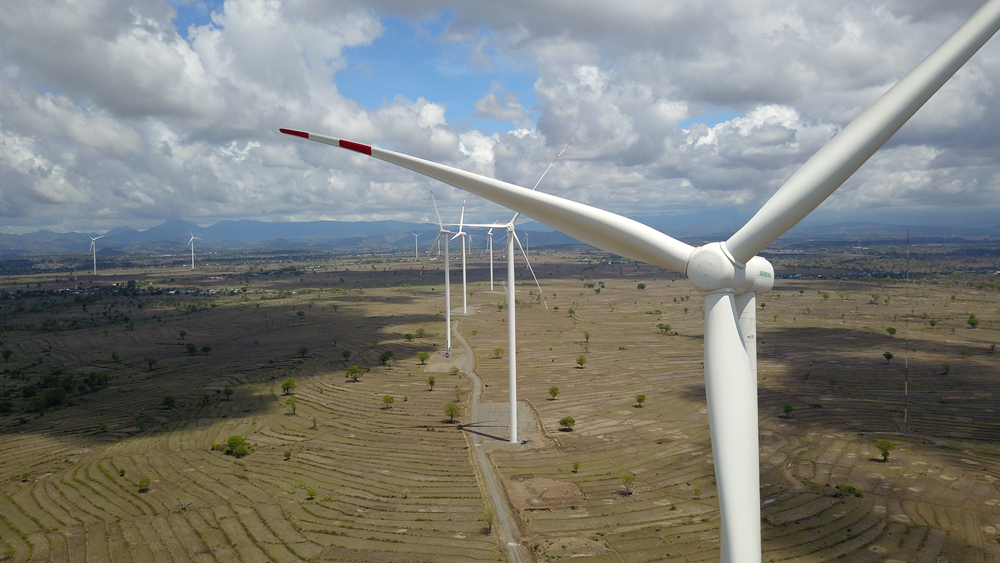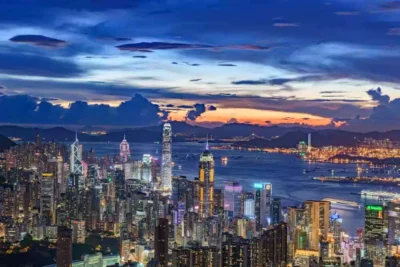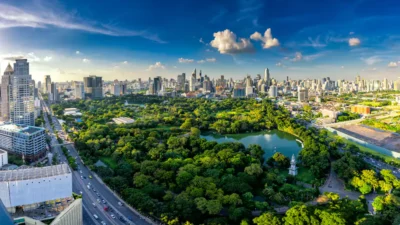Indonesia uses green economy to create jobs
Investing in the green economy sector could create at least a dozen more job opportunities compared to the conventional economy sector
Indonesia prepared a Green Growth Program to mitigate challenges like climate change, the sixth national priority, and achieve sustainable economic growth.
The country aims to reduce greenhouse gas emissions by 29 percent, improve environmental quality by coming to a 73.25 to 75.25 index target, and reduce disaster-related economic losses by 0.21 percent in 2024.
The government readies employment in the green economy sector through “green jobs” spread across various sectors including agricultural, energy, and tourism, according to ANTARA News.
The director of manpower at the National Development Planning Ministry, Mahatmi Parwitasari Saronto, shared that investing in the green economy sector could create at least a dozen more job opportunities compared to the conventional economy sector itself.
The sector, however, is more labor-intensive due to the development of renewable energy, electric vehicle industries, and improved waste management. In addition to implementing a green economy, the Indonesian government will also promote low-carbon development, which will not only boost economic growth but also reduce carbon emissions by 27.3 percent by 2024.
More: Why sustainability should no longer be an afterthought in design
Singapore, The Straits Times reported back in January, will be investing USD9.2 billion to support Indonesia’s green economy and build a logistics hub in the country. President Joko Widodo shared that the money will be used on renewable energy projects in Batam, Riau Islands, as well as in Sumba Island and West Manggarai in East Nusa Tenggara province. It will also fund the development of a logistics hub in Jakarta’s largest seaport, Tanjung Priok port.
From January to September 2021, Singapore has become Indonesia’s leading investor with USD7.3 billion in contributions. Prime Minister Lee Hsien Loong added that the Lion City has been a top foreign investor since 2014, and continues to be one despite the COVID-19 pandemic.
Sustainability, the green economy, the digital economy, and the development of human capital have all been areas where Singapore and Indonesia have been collaborating.
The Property Report editors wrote this article. For more information, email: [email protected].
Recommended
6 sights to spot in Jardine’s Lookout, Hong Kong
With its sumptuous harbour vistas, this low-density area is one of the most sought-after in Hong Kong
Meet the architect rethinking disability in urban spaces and how cities can be reimagined
Author David Gissen outlines his vision for urban development that takes the needs of disabled citizens into consideration
Why Asia’s mixed-use developments are the future of real estate
Dynamic integrated communities are fusing real estate with commercial, leisure, and other amenities
Transforming cities worldwide: Surbana Jurong’s vision for the future
Surbana Jurong excels in master planning, infrastructure, and urban development







